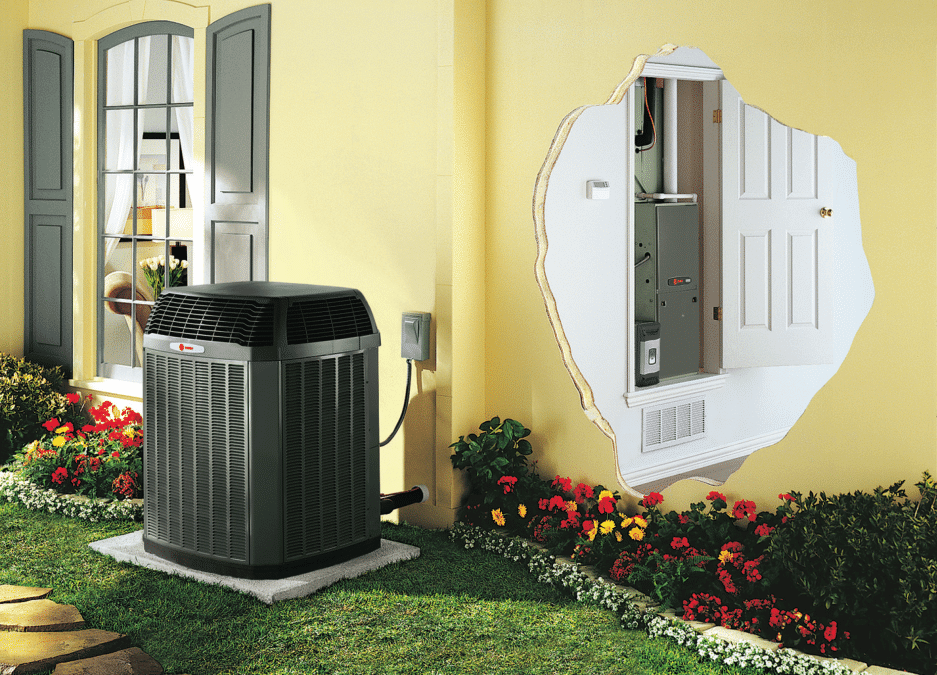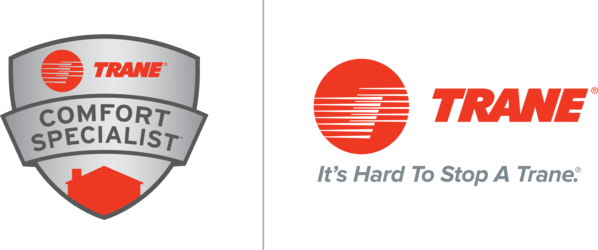Allergy season is upon us, and you know what that means—there are some long weeks ahead full of sniffing, sneezing and coughing. However, allergy sufferers are not without hope. Adding the right air filter to your HVAC system can improve your air quality, and provide you with allergy symptom relief. But it’s already tricky enough to find the right allergy medicine, so how do you find the right filter? Fortunately we’ve gathered some tips to help you find the filter you need to stop your allergies in their tracks.
Types of Filters
There are three different types of air filters, all with their own advantages. Becoming knowledgeable about each air filter will help you make the best decision about which filter will fit you and your allergies the best.
Traditional Fiberglass Filters
These old school flat-panel filters are affordable and won’t restrict the airflow of your heating and cooling system as much as the other two types will. However, these filters aren’t the best at trapping allergens, as they only capture less than 10% of pollutants. If your allergies are only mild, fiberglass filters are a small investment to make, to see if they will help you. For those with severe allergies, another filter option may be better.
Pleated Fiberglass Filter
Pleated fiberglass filters have more surface area than traditional filters. Because of this, they trap up to 45% of allergens found in your home, including dander, dust, and pollen. You can even invest in electrostatic filters—filters made with electrically charged materials—that do a great job of trapping allergens. Pleated fiberglass filters are more expensive than traditional filters, and can restrict the air flow of your HVAC system, meaning it will cost you more to heat and cool your home. However, if you have more severe allergy symptoms, it can’t hurt to try a pleated fiberglass filter out, at least during the height of allergy season.
High-Efficiency Particulate Air (HEPA) Filters
These thick filters trap up to 98% of pollutants in your home’s air. However, because of their thickness, HEPA filters require an additional fan to pump air through the filter. HEPA filters must be incorporated into a whole-house filtration system—such as Trane’s CleanEffects Air Cleaner. While HEPA filters cost the most, they also have the biggest impact on allergy symptom reduction. So if you struggle all allergy season long, it may be time to invest in a HEPA filter and updated filtration system.
Have an Allergy Battle Plan
Changing your air filter is one of many ways to reduce household allergens. You have a far better chance of reducing or eliminating your allergy symptoms if you have a multi-step plan. Your plan may include the following tactics:
- Keep pets off of furniture, especially if they are outside often. Allergens will stick to their fur and they’ll bring them indoors with them.
- Shower before sleeping to remove allergens from your hair and skin.
- Wash linens and clothing in hot water to remove dust mites.
- Vacuum daily.
- Keep windows closed and limit outdoor time.
- Change your air filter monthly.
- Consider a whole-house filtration system to help stop allergens from floating around your home’s air.
Contact Us
If you’re interested in learning more about air filters, or if you would like to speak to a certified Trane Comfort Specialist, contact Air Solutions today. Visit https://3xc.515.myftpupload.com or call 409.962.2476.
 Rated 5.0 out of 5.0
Rated 5.0 out of 5.0






